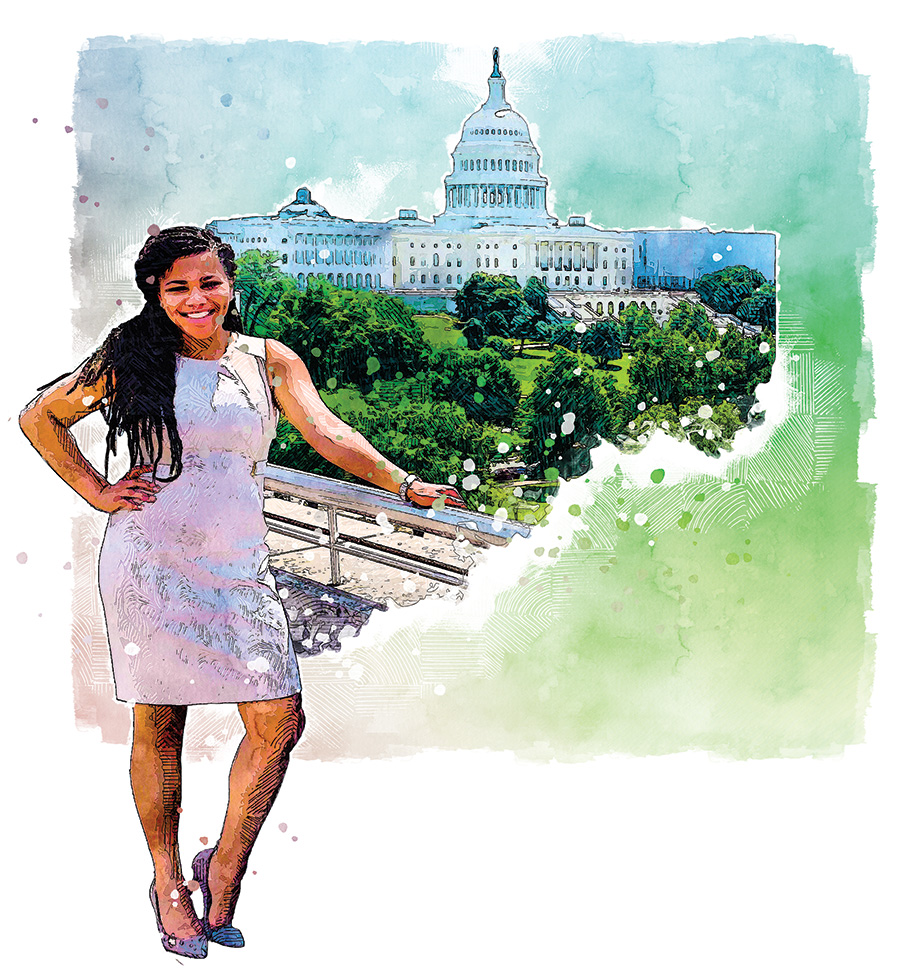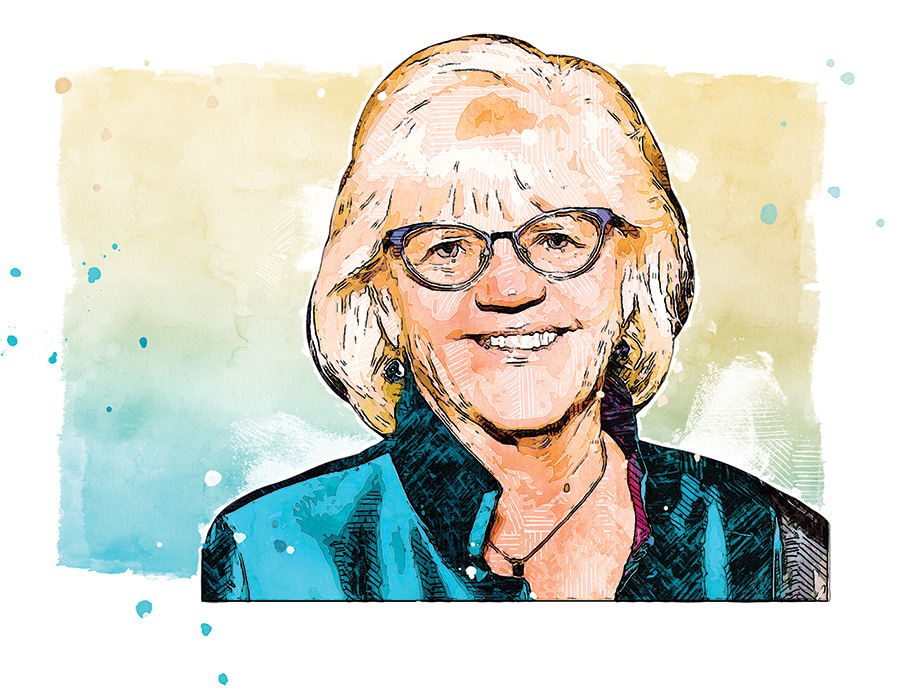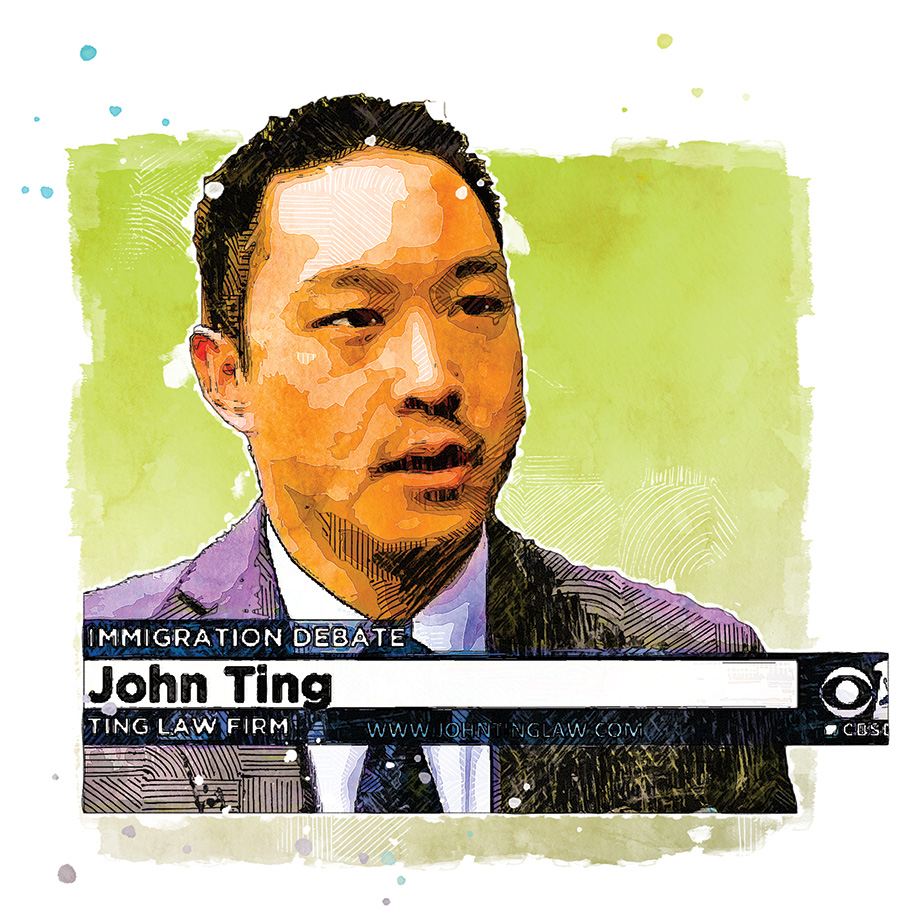She was marching for Jordan Edwards, 15, a Black Balch Springs resident who was fatally shot in 2017 by a police officer while the car he was riding in was driving away from a party. She had just given birth to her son Xavier.
"What pushed me to get involved is I am a mother," Miller says. "When I saw those pictures of Jordan, he was just a kid. What if something similar happened to my child?"
Passing motorists honked their horns and raised their fists in support of the small crowd. And she made a realization.
"We're not the only ones," she says. "It's bigger than just me and my son. I want to create a better world and be in a position to be one of the many millions who can spark the change that needs to happen."
She kept going and hasn't stopped. The Mansfield resident and sociology graduate has since participated in about 15 marches and helped organize the North Texas Action Committee, which became the Dallas Alliance Against Racist and Political Repression. She uses the debate skills she honed throughout her schooling, including on UNT's debate team, when she speaks in public and for interviews.
Miller is one of many alumni whose backgrounds and personal beliefs have propelled them to fight for the rights of Blacks, the LGBTQ+ community, immigrants and other marginalized populations. Their activism took on a greater urgency this year when a video showed a Minneapolis police officer fatally choking George Floyd. The incident ignited one of the biggest social justice movements in history, from mass demonstrations around the world to a re-examination of systemic racism in U.S. institutions.
Members of the UNT community have played a role. The university has established programs serving BIPOC throughout its 130 years from its first class, which included Native American students, to its current status as a Minority-Serving and Hispanic-Serving Institution. Alumni continually rise to the occasion to promote acts of activism through their careers and volunteer work, from establishing national organizations to creating online support systems.
And they've continued to march -- even in the midst of the coronavirus pandemic.
When Miller organized a demonstration in Dallas after Floyd's death, she expected about 100 people. But 2,000 arrived.
"The world stopped for a lot of people, violently crashing down upon them in that 8 minute, 46 second video," she says. "The march was very overwhelming in a good way. It was so awesome to see so much support."




